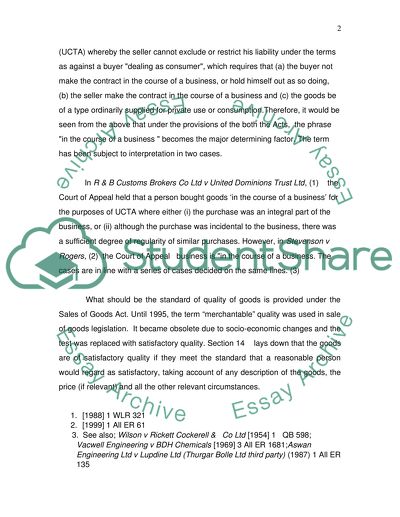Cite this document
(“Commercial Law/Case study Case Example | Topics and Well Written Essays - 1500 words”, n.d.)
Commercial Law/Case study Case Example | Topics and Well Written Essays - 1500 words. Retrieved from https://studentshare.org/miscellaneous/1520768-commercial-lawcase-study
Commercial Law/Case study Case Example | Topics and Well Written Essays - 1500 words. Retrieved from https://studentshare.org/miscellaneous/1520768-commercial-lawcase-study
(Commercial Law/Case Study Case Example | Topics and Well Written Essays - 1500 Words)
Commercial Law/Case Study Case Example | Topics and Well Written Essays - 1500 Words. https://studentshare.org/miscellaneous/1520768-commercial-lawcase-study.
Commercial Law/Case Study Case Example | Topics and Well Written Essays - 1500 Words. https://studentshare.org/miscellaneous/1520768-commercial-lawcase-study.
“Commercial Law/Case Study Case Example | Topics and Well Written Essays - 1500 Words”, n.d. https://studentshare.org/miscellaneous/1520768-commercial-lawcase-study.


